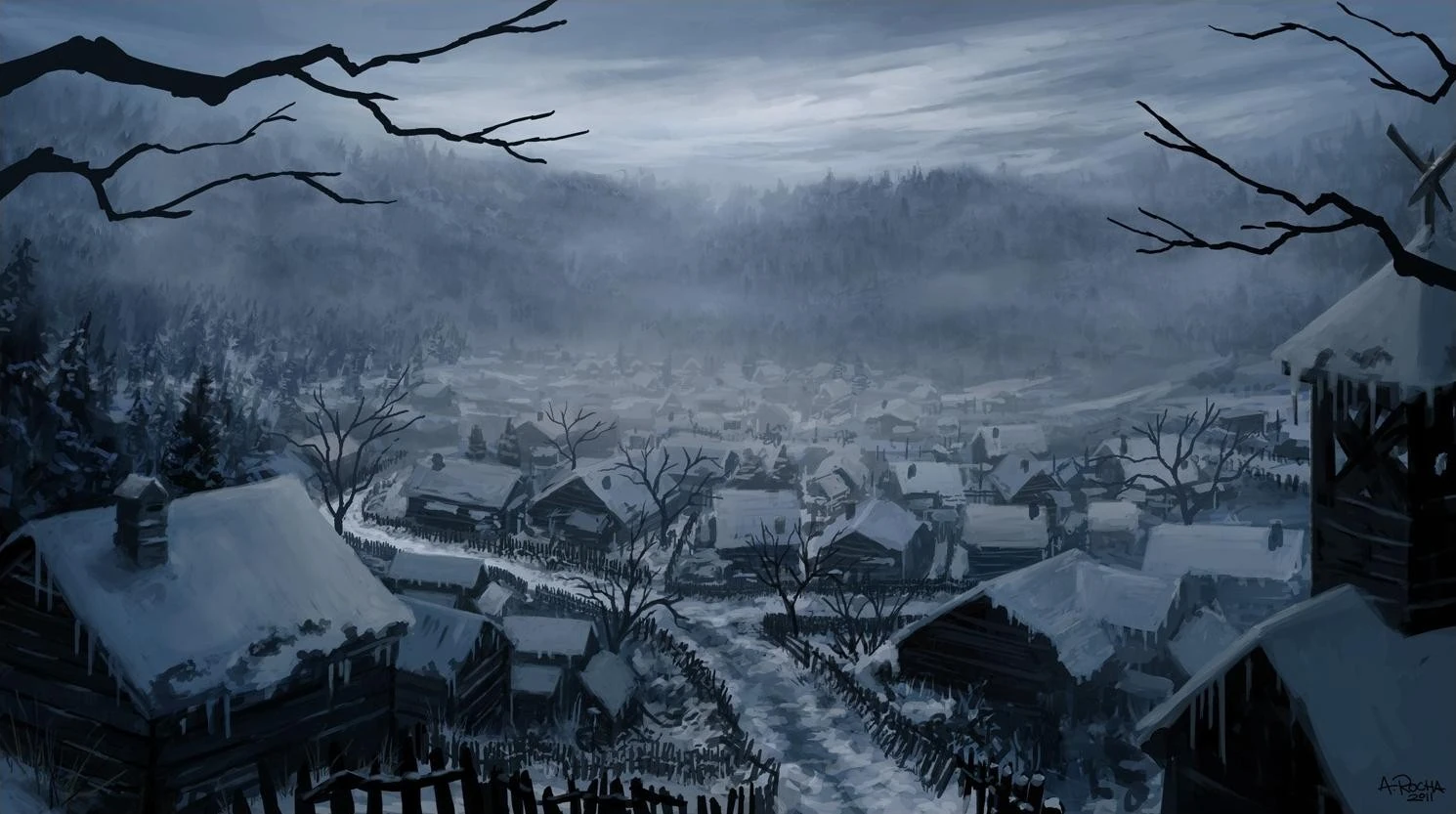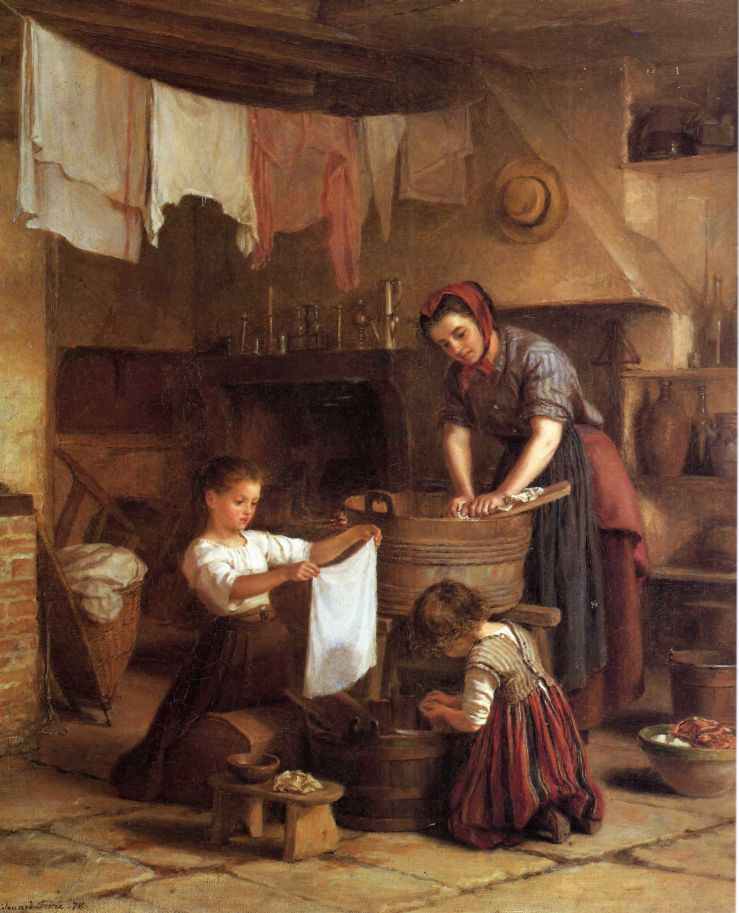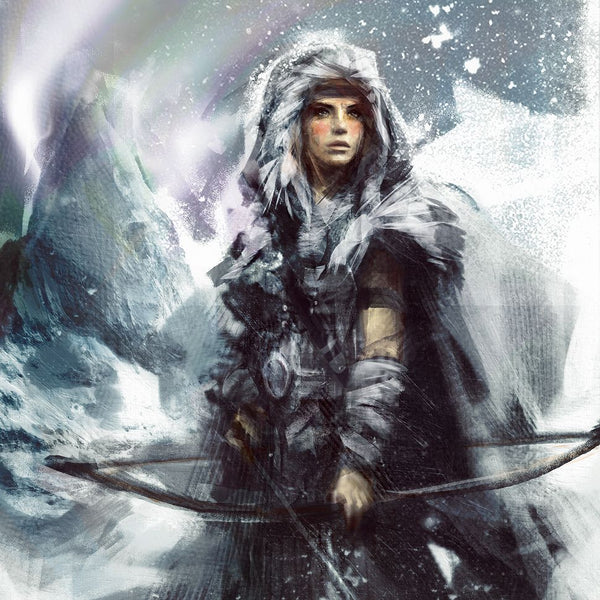In Norse mythology, Fimbulvetr is the term used to describe a three-year-long winter that precedes Ragnarok, the end of the world. This winter is known to be so harsh that it brings about a series of catastrophic events that ultimately lead to the final battle between the gods and the giants. In this blog post, we will explore the origins and significance of Fimbulvetr.

Origins of Fimbulvetr
The origins of Fimbulvetr can be traced back to the Poetic Edda, a collection of Old Norse poems that dates back to the 13th century. The poem "Vafthrudnismal" describes the arrival of the Fimbulvetr as a sign of the end of the world. The poem "Grimnismal" describes how the sun and the moon will be swallowed by wolves, and the stars will fall from the sky during the winter of Fimbulvetr.
Significance of Fimbulvetr
Fimbulvetr is significant in Norse mythology because it is the precursor to Ragnarok, the end of the world. During the winter, the world will be plagued by wars, famine, and natural disasters. The gods will be powerless to stop the chaos that ensues, and even the mighty god Odin will fall in battle. The world will be destroyed, and a new world will emerge from the ashes of the old.
Symbolism of Fimbulvetr
Fimbulvetr is a symbol of the cyclical nature of life and death in Norse mythology. It represents the end of one era and the beginning of another. The harsh winter is necessary for the rebirth of the world, and the gods must perish to make way for a new generation. The winter is also a symbol of the power of nature over humanity. No matter how powerful the gods may be, they cannot stop the forces of nature.
Conclusion
Fimbulvetr is a fascinating aspect of Norse mythology that symbolizes the end of one era and the beginning of another. The harsh winter that precedes Ragnarok is a symbol of the cyclical nature of life and death and the power of nature over humanity. Despite its bleak outlook, Fimbulvetr is an essential part of Norse mythology that highlights the importance of change and renewal.
Works Cited:
- Crossley-Holland, Kevin. The Norse Myths. Pantheon Books, 1980.
- Orchard, Andy. Dictionary of Norse Myth and Legend. Cassell, 1997.
- Sturluson, Snorri. The Prose Edda. Translated by Jesse L. Byock, Penguin Classics, 2006.
- Simek, Rudolf. Dictionary of Northern Mythology. Translated by Angela Hall, D.S. Brewer, 2007.





Leave a comment
This site is protected by hCaptcha and the hCaptcha Privacy Policy and Terms of Service apply.